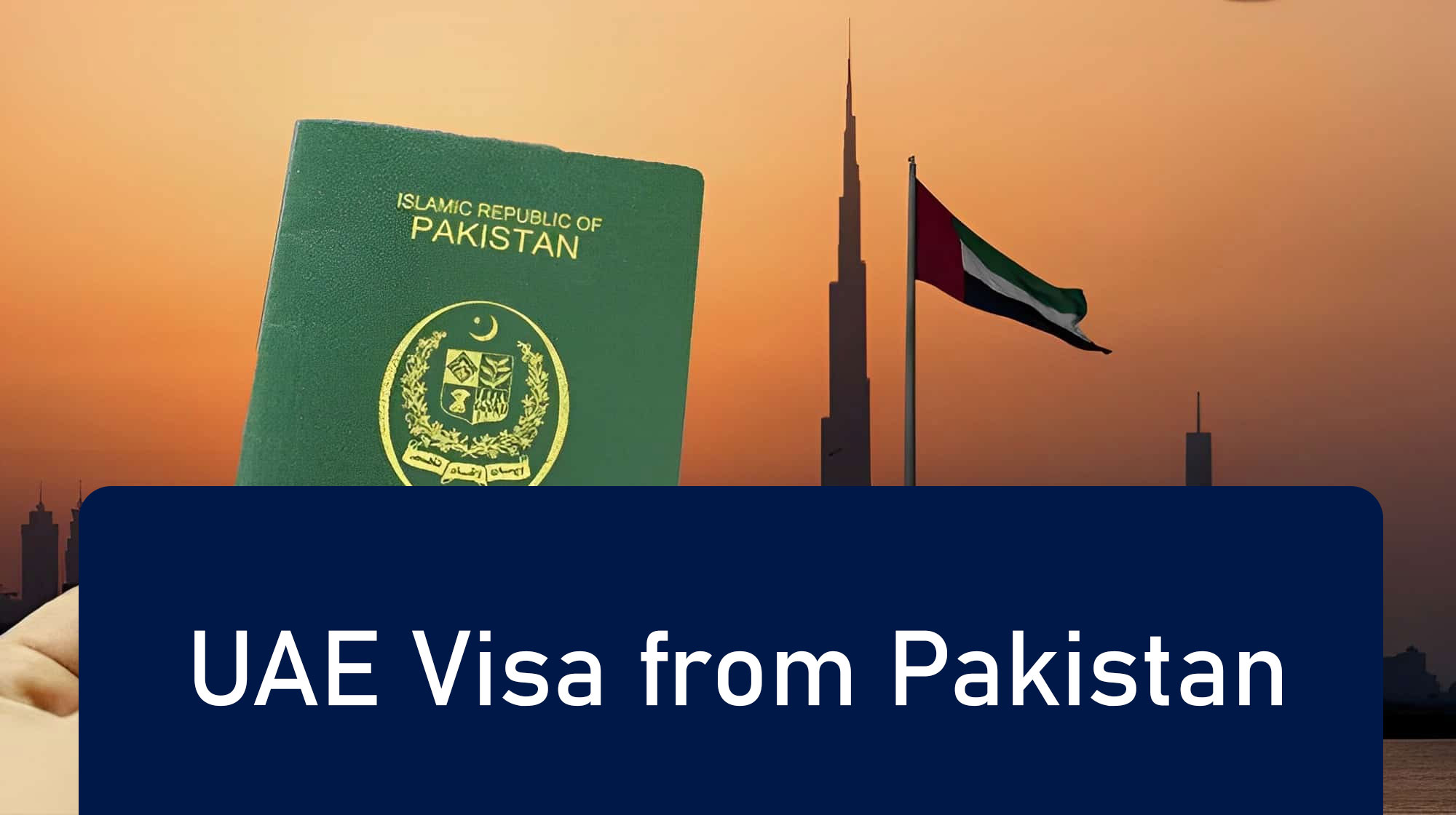
In a significant policy shift, the United Arab Emirates (UAE) has implemented a ban on new UAE tourist visas for citizens of Pakistan, Ethiopia, and Bangladesh. This decision, announced recently, marks a notable change in the UAE's visa regulations and has stirred discussions regarding its implications on tourism and bilateral relations.
For the knowledge of our readers, we’ll notify you that UAE had been offering Dubai, Sharjah and Abu Dhabi visas with quite convenience for Pakistani tourists. In most cases, you could get the visa within few day and at reasonable prices.
Dubai/UAE Visa Price from Pakistan
Even on trips.pk, we had been offering these visas at very competitive prices. For example, a Dubai visa for Pakistanis would cost just Rs. 35,000 for a month. However, the 2-month visa costs Rs. 52,000 per person. Currently, the visa process is stopped but hopefully it gets resumed soon.
Previously, individuals from these countries enjoyed the opportunity to apply for tourist visas to visit the UAE, including its various emirates such as Dubai and Abu Dhabi. Pakistani citizens, in particular, were granted the option to apply for either 30 days or 60 days visit visas, facilitating travel for leisure and business purposes.
However, the new directive signals a departure from this leniency, raising questions about the underlying reasons behind the decision. While official statements outlining the rationale behind the ban are yet to be released, speculation abounds regarding potential factors such as security concerns, diplomatic tensions, or evolving immigration policies.
The UAE has long been a popular destination for tourists from around the world, renowned for its modern infrastructure, luxurious attractions, and vibrant cultural landscape. This abrupt restriction on tourist visas for citizens of Pakistan, Ethiopia, and Bangladesh could have ramifications not only for the affected individuals but also for the tourism industry in the UAE.
As stakeholders await further clarification on the matter, there is anticipation regarding any potential revisions or exemptions that may be introduced in light of diplomatic engagements or strategic considerations. The coming days are likely to witness continued scrutiny and discourse surrounding the implications of this policy change on both regional dynamics and global travel patterns
;
More Travel News
-
 22-Jul-2019What To Do And Where To Visit In Rainy Season In Pakistan
22-Jul-2019What To Do And Where To Visit In Rainy Season In Pakistan -
 21-Mar-2020Coronavirus: A Major Hit On Worlds’ Tourism
21-Mar-2020Coronavirus: A Major Hit On Worlds’ Tourism -
 18-Jul-2020Top 5 Tourist Attractions in Skardu That you Must Visit At Least Once in Life
18-Jul-2020Top 5 Tourist Attractions in Skardu That you Must Visit At Least Once in Life -
 12-Dec-2019Best Places to Visit in Islamabad in a Single Day
12-Dec-2019Best Places to Visit in Islamabad in a Single Day -
 10-Jan-2022Travel Agency Business in Pakistan 2022
10-Jan-2022Travel Agency Business in Pakistan 2022 -
 10-May-2022Shishpier Glacier Lake Flooding Sweeps Away Hassanabad Bridge Disconnecting Gilgit & Hunza Connection
10-May-2022Shishpier Glacier Lake Flooding Sweeps Away Hassanabad Bridge Disconnecting Gilgit & Hunza Connection -
 07-Sep-2019New Umrah Visa Fee 2020 Pakistan
07-Sep-2019New Umrah Visa Fee 2020 Pakistan -
 15-Dec-2021Travel Insurance Importance in Wake of Emerging Covid 19 Virus Variant Omicron
15-Dec-2021Travel Insurance Importance in Wake of Emerging Covid 19 Virus Variant Omicron
